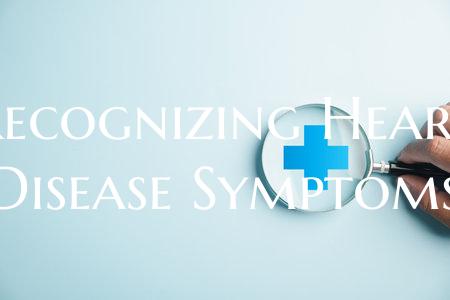
Recognizing Heart Disease Symptoms
Recognizing Heart Disease Symptoms
Heart disease is a prevalent and serious health condition that can lead to severe complications if left untreated. Recognizing the symptoms of heart disease is crucial for early detection and prompt treatment. Here are some common signs and symptoms to be aware of:
1. Chest pain or discomfort: One of the most common symptoms of heart disease is angina, which is characterized by chest pain, tightness, pressure, or discomfort. The pain may also radiate to the arms, neck, jaw, shoulder, or back.
2. Shortness of breath: Feeling breathless, especially during physical activity or at rest, can be a sign of heart disease. It may be accompanied by fatigue and weakness.
3. Irregular heartbeat: Heart palpitations, a rapid heartbeat, or an irregular heartbeat (arrhythmia) can indicate a problem with the heart's electrical system.
4. Dizziness or lightheadedness: Feeling dizzy, faint, or lightheaded can be a symptom of heart disease, especially when it occurs suddenly or with chest discomfort.
5. Swelling: Fluid buildup in the body, particularly in the legs, ankles, feet, or abdomen, may be a sign of heart failure, a common complication of heart disease.
6. Fatigue: Unexplained fatigue or weakness, even with minimal physical exertion, can be a symptom of heart disease.
7. Nausea or stomach pain: Some people with heart disease may experience symptoms such as nausea, indigestion, or abdominal discomfort that can be mistaken for other conditions.
It's essential to note that symptoms of heart disease can vary between individuals, and some people may not experience any symptoms at all, especially in the early stages of the disease. If you notice any of the above symptoms or have concerns about your heart health, it's important to consult a healthcare provider for a proper evaluation and diagnosis.
Remember, early detection and management of heart disease can significantly improve outcomes and reduce the risk of complications. Prioritizing a healthy lifestyle, including a balanced diet, regular exercise, maintaining a healthy weight, managing stress, and avoiding tobacco use, can also help reduce the risk of heart disease.